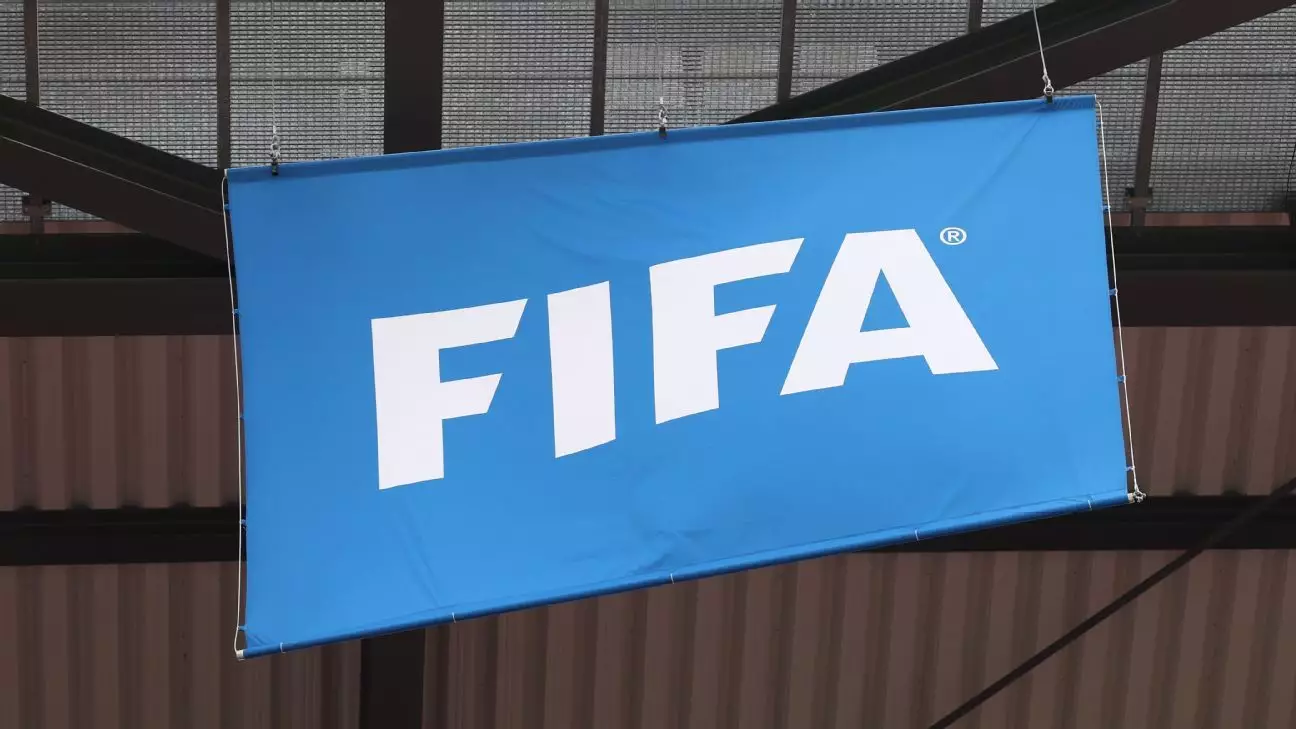The world of football is experiencing a seismic shift as prominent entities within the sport begin to confront FIFA’s alleged monopolistic practices head-on. On a significant day for the future of football governance, FIFPRO, the global union representing professional football players, in collaboration with the European Leagues—comprising 37 domestic leagues—has initiated an antitrust lawsuit against FIFA, based in Brussels. This bold legal move highlights deep-seated concerns regarding player welfare, the scheduling of matches, and FIFA’s authority within the sport.
As debates about player workloads and match schedules intensify, the lawsuit serves as a testament to the frustrations felt by players, coaches, and club executives alike. The heart of the issue revolves around FIFA’s dual role as both the organizer of multiple international tournaments and as the overarching regulator of the football calendar. This unprecedented legal battle aims to address the imbalance of power that FIFA allegedly wields, which many stakeholders believe prioritizes the global body’s interests over the well-being of players.
LaLiga president Javier Tebas characterized this lawsuit as a watershed moment in football, likening it to the resistance faced against the failed European Super League. Similarly, Richard Masters, chief executive of the Premier League, stated that the sport has reached an unsettling “tipping point” where the safety and satisfaction of players are increasingly at risk due to the relentless expansion of competition schedules. Such assertions indicate a broader sentiment that a reform is desperately needed in the operational dynamics of international football governance.
Concerns about player fatigue have reached a crescendo, with FIFPRO asserting that their attempts to engage FIFA in constructive negotiations have been met with indifference. The organization’s critique extends beyond mere words; FIFPRO has pointed to specific instances, like FIFA’s decision to host an expanded Club World Cup in the United States, further complicating an already congested football calendar. These actions have left players reeling under the pressure of excessive match schedules, prompting concerns about long-term health risks and diminishing performance levels.
Data collected by FIFPRO reveals alarming trends: 72% of players support a reduction in the match calendar, while a staggering number have faced excessively demanding schedules. The statistics are unsettling; 17% of players saw more than 55 appearances last season, while many endured stretches of six consecutive matches. This raises critical questions regarding the sustainability of current practices in player management and tournament scheduling.
In response to the mounting criticism, FIFA has defended its actions, arguing that its global calendar, approved by its council, including representation from FIFPRO and league organizations, is essential for maintaining the viability of international football alongside domestic leagues. FIFA contends that the Club World Cup’s infrequent occurrence—every four years—minimizes its potential disruption to player schedules, positioning its approach as a measured response to international demand.
FIFA’s supporters argue that historical data shows only slight increases in the number of games played by professional athletes compared to previous decades. While the governing body acknowledges the concerns expressed by players, it insists that its plans have been developed with the broader context of the football landscape in mind—aiming to strike a balance between domestic and international competitions.
The antitrust lawsuit is not an isolated challenge but rather part of a larger narrative. Previous legal actions, particularly by players’ unions in countries like England, France, and Italy, underscore the increasing recognition of players’ rights regarding rest and recuperation. As these entities aim to establish mandated periods of respite for players, potential ramifications loom large over FIFA’s operational methodologies.
This legal battle’s outcome could redefine the relationship between players, leagues, and governing bodies. Should the courts side with FIFPRO and the European Leagues, it may result in significant changes, including the introduction of standardized rest periods and a reevaluation of the football calendar itself.
As the landscape of football governance shifts, the confrontation between FIFPRO and FIFA signals a crucial moment in the sport’s evolution. The outcomes of this lawsuit could have lasting implications for player welfare, competition structures, and the distribution of power within the football industry. Amidst the tensions, the continued push for reform illustrates a collective desire for a more equitable future in the beautiful game, where the priorities of players and their well-being are no longer sidelined by the relentless drive for expansion and profit. The world of football is indeed at a crossroads, and the decisions made in this pivotal moment will resonate for generations to come.

